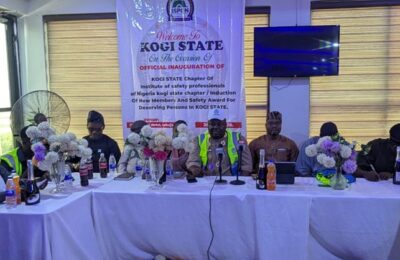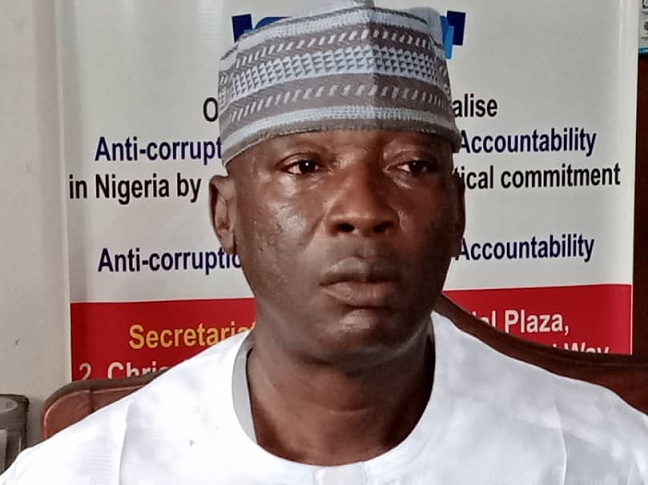Spread the love
Lack of access to clean water and sanitation is a pressing issue in Nigeria, affecting millions of people across urban and rural areas. The country’s water crisis has severe implications for public health, economic productivity, and overall well-being.
Health Implications:
- Waterborne diseases like cholera, diarrhea, and typhoid fever are prevalent due to contaminated water sources.
- Inadequate sanitation facilities increase the risk of waterborne diseases, particularly among vulnerable populations like women and children.
- Poor hygiene practices contribute to the spread of diseases, further exacerbating the health crisis.
Economic Implications:
- Limited access to clean water and sanitation hinders economic productivity, perpetuating poverty and inequality.
- Flooding, a recurring issue in Nigeria, causes significant damage to infrastructure, property, and crops, resulting in economic losses and long-term negative impacts on livelihoods.
- The water crisis also affects agriculture, a significant sector of Nigeria’s economy, by limiting access to clean water for irrigation and other agricultural purposes.
Standard Remedies:
- Investing in Water Infrastructure: Building and upgrading water treatment plants, distribution systems, and sanitation facilities to ensure safe and sustainable access to water and sanitation.
- Community-Led Initiatives: Empowering local communities to take ownership of water management and sanitation through initiatives like water committees.
- Education and Awareness: Promoting sustainable water management practices, conserving water, and raising awareness about the health risks associated with inadequate water and sanitation facilities.
- Policy Implementation: Strengthening policy frameworks and institutional capacity to ensure effective implementation of water and sanitation programs.
Government Initiatives:
- Nigeria’s National Water Supply and Sanitation Policy aims to increase access to water and sanitation services.
- The National Action Plan on Water Supply and Sanitation (2012) and the National Development Plan (2021-2025) set goals for improving water and sanitation infrastructure.
- The government plans to invest 1.60 trillion naira over five years to provide water and sanitation services to 90% of the population.
– Benjamin Ibrahim, a retired Permanent Secretary, writes from Lokoja.
Spread the love




